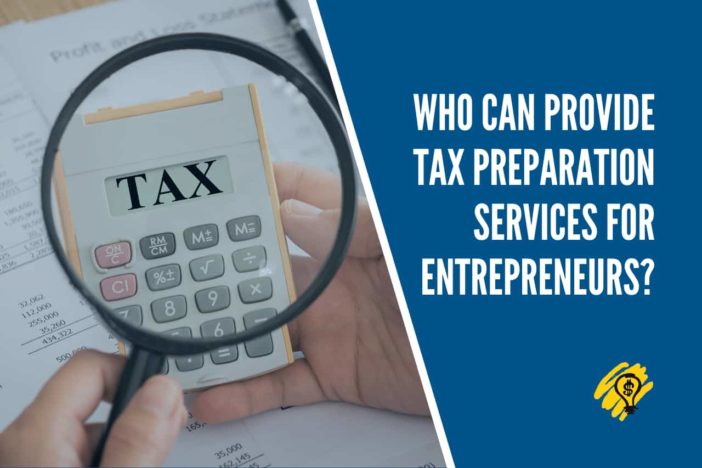Taxation in the US is one of the more complicated systems globally, and if you’re from another country and relocated to the US, it can be daunting knowing what you need to pay and when.
The first important thing to understand is that if you have a Green Card or are a citizen of the United States in any way, then you’ll need to pay US taxes even if you don’t live there. The only way to get out of paying US taxes is to expatriate and give up your Green Card or citizenship and all the advantages that come with it.
As an expat with a Green Card, you’ll also need to note that you need to pay US taxes even on money earned outside of the country. If you have a property in another country and sell it for a profit, you’ll be expected to file this in your tax return. There are some exclusions available, though.
As an expat, you may qualify for Foreign Earned Income Exclusion (FEIE), allowing you to earn just over $100,000 without paying income tax in the US. FEIE only includes earned income from wages and doesn’t have money made from interest, dividends, pensions, or capital gains. It also doesn’t apply for income earned in the US, so if you’re a US citizen or have a Green Card and are working abroad, this will be applicable.
There are two primary ways to prove that you apply for FEIE, either through a physical presence test or a bona fide resident test. The physical presence test allows anyone living in foreign countries for more than 330 days of the year to qualify for the exemption.
The second way of qualifying for FEIE is through the bona fide resident test, and there are several categories that you must fit into. You must firstly be a US citizen who then has proof that you’ve set up residence in a foreign country for an entire US tax year (January 1st to December 31st). You can then not have any plans to move to another country, including the US, soon. Essentially, you must prove that you’re living in a country other than the US for the long term, and temporary work contracts won’t qualify you for the exemption.
To apply for FEIE, you must fill out IRS Form 2555 and attach it to your tax return. Using an automated system like Turbotax won’t be thorough enough for this situation, and a more bespoke service or consultant should be used. Form 2555 is notoriously tricky to fill in correctly, and making a mistake can mean you won’t receive your exemption. A professional is the best option here, which will cost a few hundred dollars, but will ensure that you’re not hit with a large penalty if you fill out the form incorrectly.
Also, note that even if the form is filled out correctly, you may still get taxed. If you’re self-employed, this is especially true, as you’ll always be liable for self-employment tax, which covers Medicare and your social security contributions.





